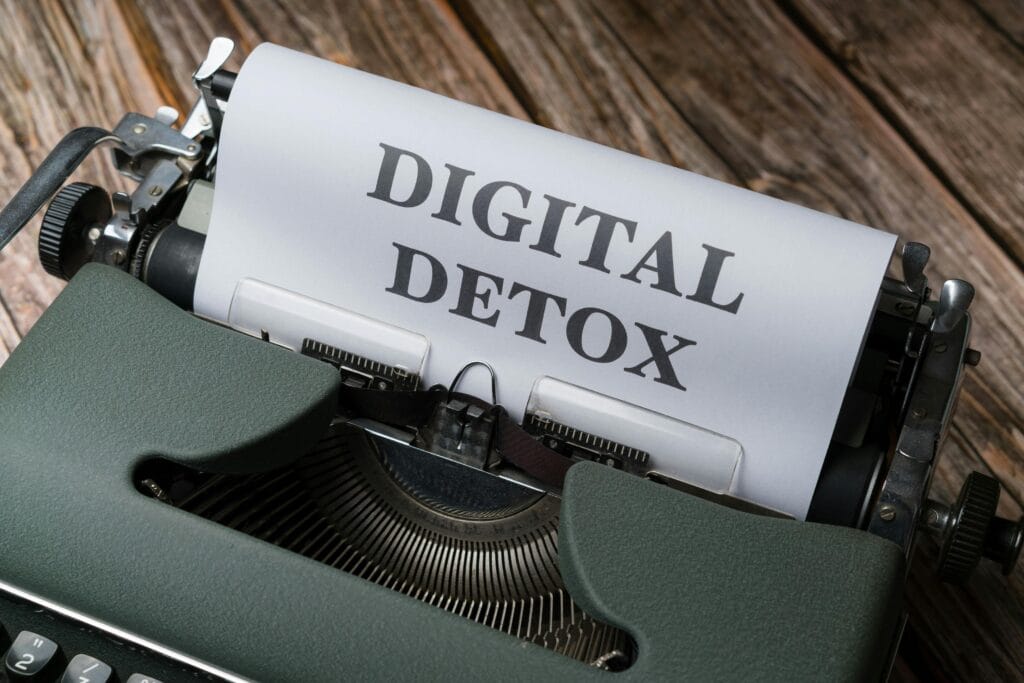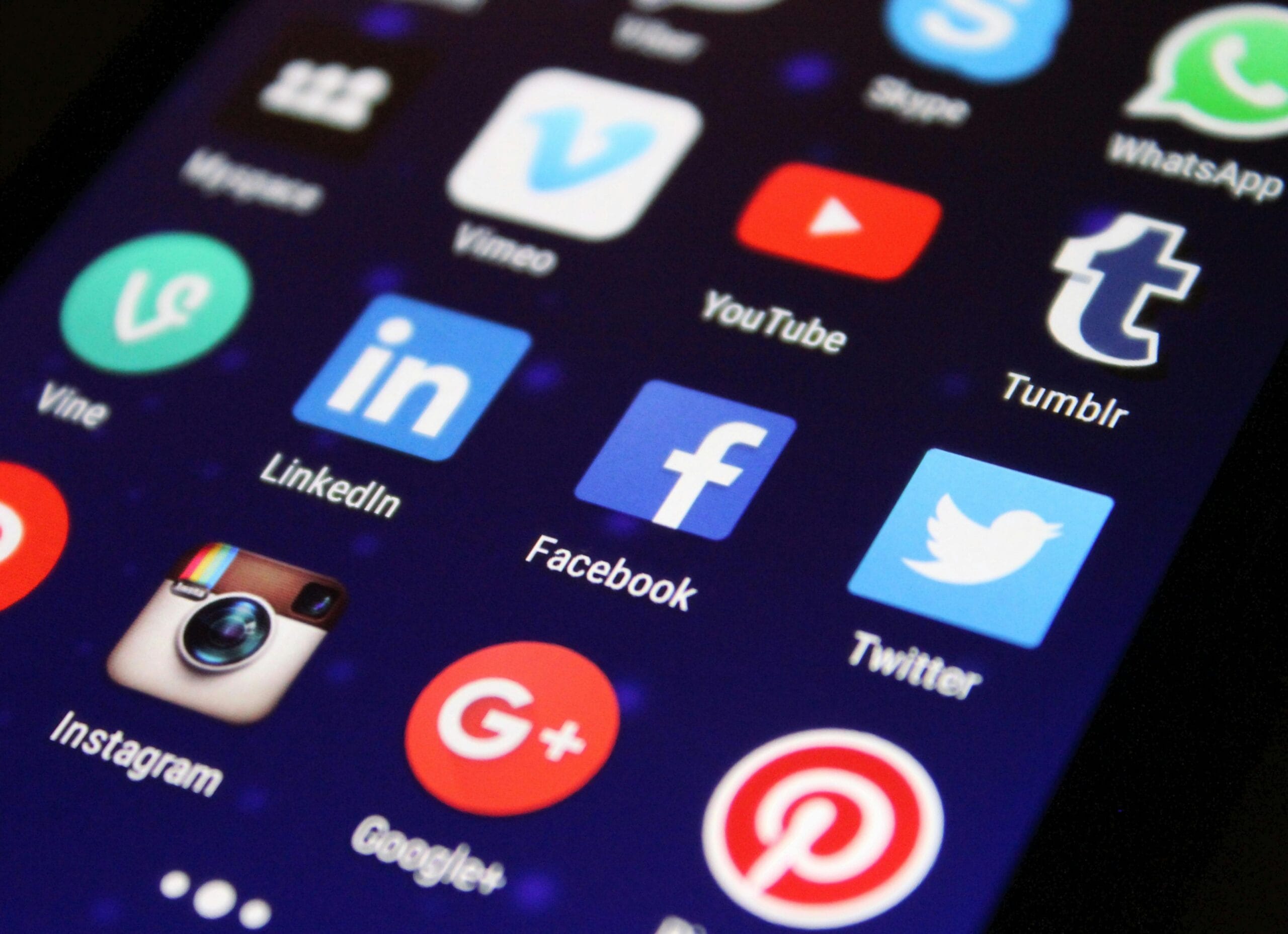When Twitter crashes, panic ensues. From journalists tracking breaking news to small businesses managing customer service, millions rely on the platform daily—and social media outages can trigger surprising levels of stress. In 2023 alone, Twitter/X faced over 10 major outages, leaving users feeling disconnected and anxious. But why does a temporary social media blackout cause such distress, and how can you protect your mental health when the app goes dark? Let’s dive in.
Why Twitter Downtime Feels So Stressful
1. The Fear of Missing Out (FOMO)
Twitter’s real-time updates make it a hub for news, trends, and cultural moments. When it crashes:
- Breaking news addicts lose their “first to know” advantage.
- Creators fear losing engagement on viral posts.
- Professionals miss critical networking or client interactions.
Did You Know? A 2022 study found 68% of users feel anxious when disconnected from social media during major events (Journal of Behavioral Addictions).
2. Identity and Validation Dependence
For many, Twitter isn’t just an app—it’s part of their identity. Outages disrupt:
- Social validation (likes, retweets, follower growth).
- Community belonging (niche groups, hashtag movements).
- Personal branding efforts (threads, promotions).
3. Work and Financial Impacts
Freelancers, marketers, and customer support teams often rely on Twitter for:
- Client communication (DMs, updates).
- Revenue streams (promoted posts, affiliate links).
- Crisis management (addressing complaints in real-time).
The Science Behind Social Media Outage Stress
How Your Brain Reacts to Twitter Downtime
- Dopamine withdrawal: Constant notifications train your brain to crave “rewards.” Sudden silence creates a biochemical crash.
- Cognitive overload: Switching between apps (e.g., migrating to Threads or Mastodon) increases mental fatigue.
- Mirror neuron activation: Seeing others panic online (“Is Twitter down for everyone?!”) amplifies your own stress.
Stats to Know:
- 42% of users check social media within 5 minutes of waking up (American Psychological Association).
- 57% admit to “compulsively refreshing” during outages (Digital Wellness Institute).
5 Healthy Ways to Cope When Twitter Crashes
1. Practice Digital Detox Grounding

- 5-4-3-2-1 Technique: Name 5 things you see, 4 you can touch, 3 you hear, 2 you smell, 1 you taste.
- Unplug completely: Turn off your phone for 30 minutes and journal or meditate.
2. Shift to Offline Hobbies
Use the downtime to:
- Read a book (paper, not Kindle!).
- Cook a mindful meal (try a new recipe).
- Walk outside (no podcasts—just observe nature).
3. Reframe the Social Media Outage as a “Mental Reset”
- Ask yourself: “What can I accomplish without distractions right now?”
- Pro Tip: Outages are great for tackling procrastinated tasks (e.g., organizing files).
4. Diversify Your Communication Channels
Reduce dependency on one platform by:
- Building an email list for followers.
- Using backup apps like Discord or Slack for communities.
5. Laugh It Off
- Meme therapy: Browse offline humor (old comics, funny TV shows).
- Share outage stories later: Bond with others over the shared experience.
When to Seek Help: Is Your Social Media Use Unhealthy?
Ask yourself:
- Do outages ruin your mood for hours?
- Do you neglect responsibilities to check apps?
- Do you feel “phantom vibrations” (thinking your phone buzzed)?
If yes: Consider a digital detox or therapy to address underlying anxiety.
Click to know everything about digital detox.
The Bigger Picture: Building a Balanced Relationship with Tech
Twitter downtime is a reminder that your well-being shouldn’t hinge on an app’s uptime. Prioritize:
- Analog connections: Face-to-face time with friends/family.
- Non-digital validation: Pursue hobbies that boost self-worth offline.
Free Resource: [Download Our “Social Media Detox Planner”]
Reset your tech habits with a 7-day plan to reduce screen time and anxiety.
Conclusion: Embrace the Silence
Twitter outages are inconvenient, but they’re also opportunities to reclaim your attention and reduce dependency on virtual validation. Next time the app crashes, breathe deeply—your peace of mind is worth more than a trending hashtag.



